
Aileu: Timor-Leste’s Serene Mountain Retreat
Nestled in the heart of Timor-Leste, Aileu offers a tranquil escape from the hustle and bustle of city life. Surrounded by lush green hills and picturesque landscapes, this charming town is a haven for nature lovers and those seeking a peaceful retreat. The cool mountain air provides a welcome respite from the coastal heat, making it an ideal destination for relaxation and rejuvenation. Aileu is rich in cultural heritage, with traditional houses and customs that offer a glimpse into Timor-Leste's past. Visitors can explore local markets, where colorful handwoven textiles and fresh produce are sold by friendly vendors. The town also hosts various festivals throughout the year, showcasing traditional music, dance, and cuisine, allowing tourists to immerse themselves in the vibrant local culture. Outdoor enthusiasts will find plenty to do in Aileu, from hiking through scenic trails to visiting nearby waterfalls. The area is also perfect for birdwatching, with numerous species inhabiting the forests and valleys. Whether you are looking to unwind or embark on an adventure, Aileu provides a unique and memorable experience in one of Timor-Leste’s most beautiful regions.
Local tips in Aileu
- Visit during the dry season from May to November for the best weather and outdoor activities.
- Pack warm clothing as temperatures can drop significantly in the evenings.
- Take the time to visit local markets early in the morning for the freshest produce and unique handicrafts.
- Hire a local guide to explore secluded trails and hidden waterfalls safely.
- Learn a few phrases in Tetum, the local language, to enhance your interaction with the friendly residents.
Aileu: Timor-Leste’s Serene Mountain Retreat
Nestled in the heart of Timor-Leste, Aileu offers a tranquil escape from the hustle and bustle of city life. Surrounded by lush green hills and picturesque landscapes, this charming town is a haven for nature lovers and those seeking a peaceful retreat. The cool mountain air provides a welcome respite from the coastal heat, making it an ideal destination for relaxation and rejuvenation. Aileu is rich in cultural heritage, with traditional houses and customs that offer a glimpse into Timor-Leste's past. Visitors can explore local markets, where colorful handwoven textiles and fresh produce are sold by friendly vendors. The town also hosts various festivals throughout the year, showcasing traditional music, dance, and cuisine, allowing tourists to immerse themselves in the vibrant local culture. Outdoor enthusiasts will find plenty to do in Aileu, from hiking through scenic trails to visiting nearby waterfalls. The area is also perfect for birdwatching, with numerous species inhabiting the forests and valleys. Whether you are looking to unwind or embark on an adventure, Aileu provides a unique and memorable experience in one of Timor-Leste’s most beautiful regions.
When is the best time to go to Aileu?
Iconic landmarks you can’t miss
Cristo Rei of Dili
Discover the iconic Cristo Rei of Dili, a breathtaking sculpture symbolizing faith and freedom with stunning views of the Timor Sea.
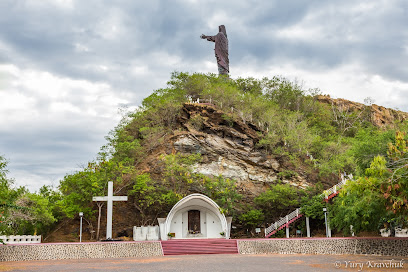
Timorese Resistance Archive & Museum
Explore the resilience of East Timor at the Timorese Resistance Archive & Museum, where history and stories of struggle come alive.
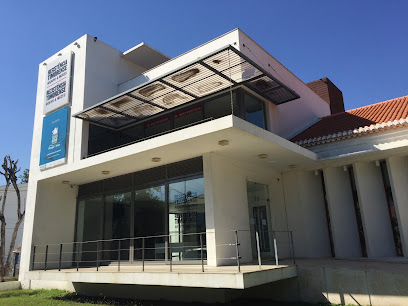
Tatamailau
Discover the breathtaking summit of Tatamailau, the highest peak in East Timor, where adventure meets cultural significance amidst stunning natural beauty.
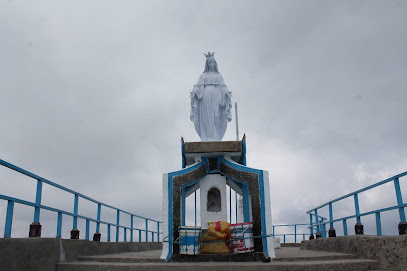
Tais Market
Explore Tais Market in Dili, where vibrant colors, rich aromas, and local craftsmanship come together in a traditional Timorese shopping experience.
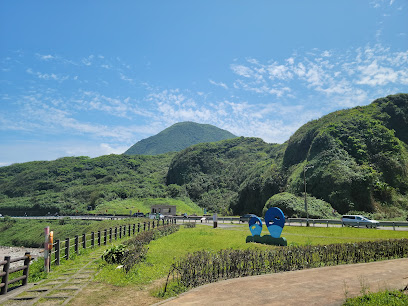
Atauro Dive Resort- Timor Leste
Experience the ultimate diving adventure and tropical relaxation at Atauro Dive Resort in Timor Leste, where nature meets hospitality.

Caz Bar
Experience a fusion of local and international flavors at Caz Bar, a culinary hotspot in the heart of Dili, Timor-Leste.
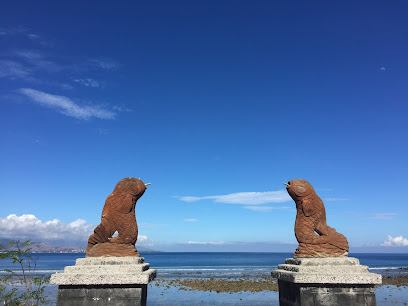
Castaway Bar and Restaurant
Experience the vibrant flavors of Dili at Castaway Bar and Restaurant, where culinary creativity meets a stunning seaside atmosphere.
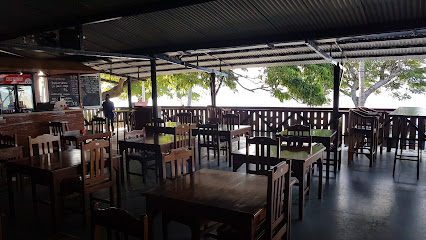
Compass Diving Atauro Eco Lodge
Experience the beauty of Timor-Leste at Compass Diving Atauro Eco Lodge, where adventure meets eco-friendly luxury on the stunning shores of Atauro Island.
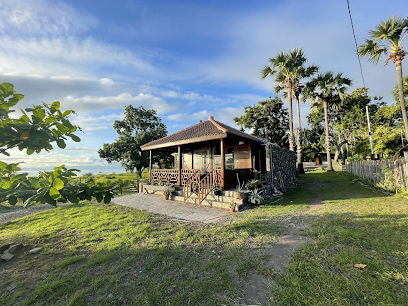
Malinamoc Paradise
Experience the breathtaking beauty and serene atmosphere of Malinamoc Paradise, a premier resort hotel in Dili, Timor-Leste.
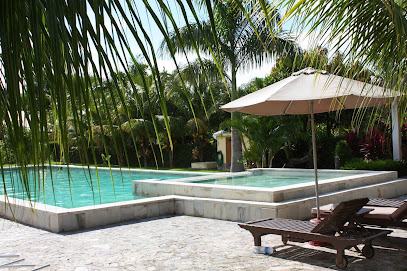
Barry's Place
Experience the perfect blend of comfort and nature at Barry's Place, a serene resort hotel in Beloi, Timor-Leste, ideal for relaxation and exploration.

Largo de Lecidere
Experience the serene beauty and cultural richness of Largo de Lecidere, a must-visit park in Dili, Timor-Leste, perfect for relaxation and exploration.
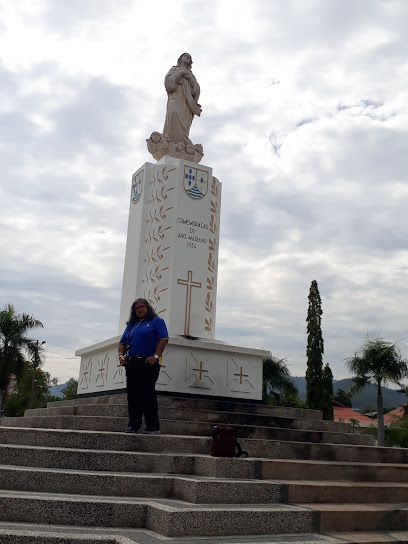
Immaculate Conception Cathedral
Explore the majestic Immaculate Conception Cathedral in Dili, Timor-Leste's largest church, with stunning architecture and vibrant stained glass.
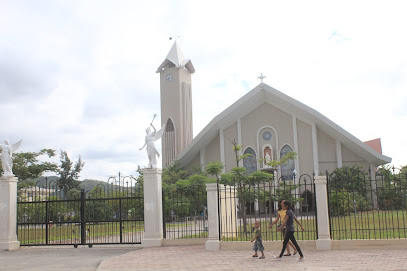
Dive Timor Lorosae
Discover the vibrant marine life of Timor-Leste with Dive Timor Lorosae, your premier destination for scuba diving and aquatic adventures in Dili.
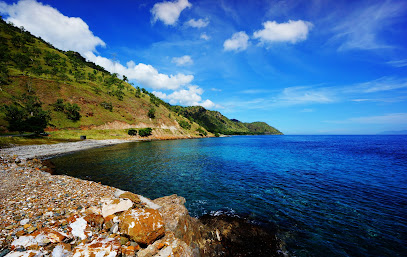
Farol
Discover the serenity of Farol Beach in Dili, a picturesque coastal paradise perfect for relaxation and experiencing Timor-Leste's vibrant culture.
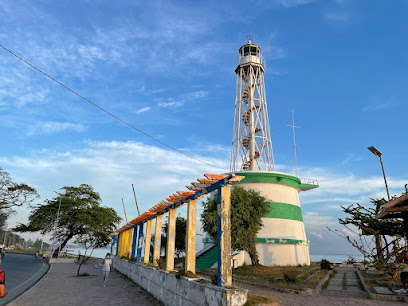
Dolok Oan (Cristo Rei Back Beach)
Discover the breathtaking beauty and cultural richness of Dolok Oan - Cristo Rei Back Beach, a hidden gem in Dili, Timor-Leste.
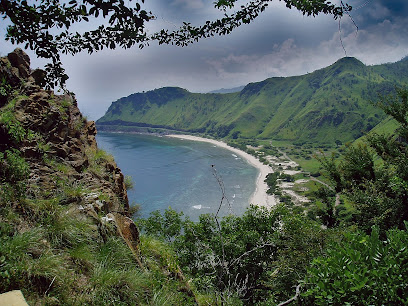
Unmissable attractions to see
Immaculate Conception Cathedral
Discover the Immaculate Conception Cathedral in Dili, a stunning architectural gem and peaceful sanctuary in the heart of Timor-Leste.
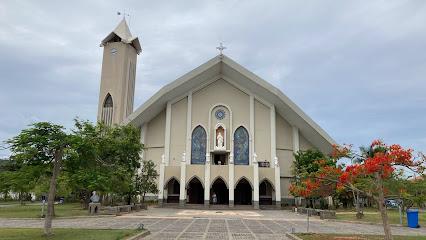
Estátua do Presidente Nicolau Lobato
Explore the Estátua do Presidente Nicolau Lobato in Dili, a monumental tribute to Timor-Leste's fight for independence and a symbol of national pride.
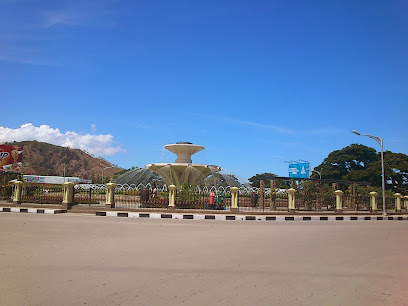
Marobo Hot Spring
Experience the natural healing powers of Marobo Hot Spring, a serene oasis in Bobonaro, Timor-Leste, perfect for relaxation and rejuvenation.
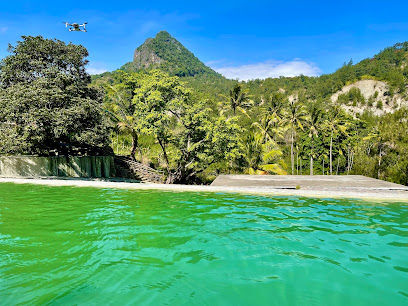
Watabo Beach
Experience the unspoiled beauty of Watabo Beach in Baucau, where tranquil sands and vibrant marine life create a perfect tropical getaway.
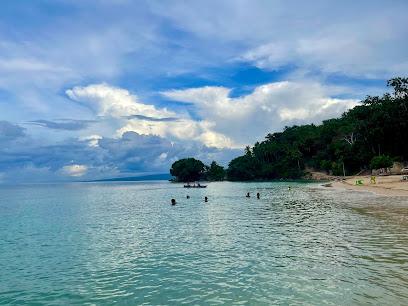
National Heroes Memorial
Explore the National Heroes Memorial, a serene tribute where history, valor, and nature converge in a moving homage to national heroes.
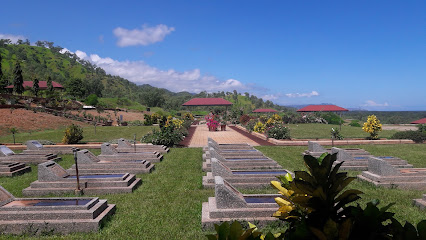
Balibo Trails
Discover the breathtaking landscapes and rich history of Balibo Trails, a must-visit tourist attraction in Timor-Leste.
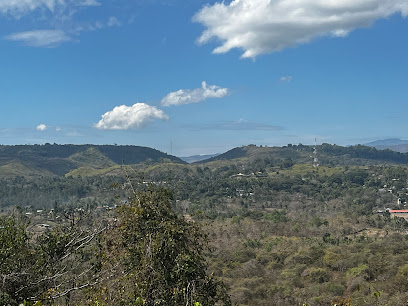
Essential places to dine
Caz Bar
Discover the vibrant flavors of East Timor at Caz Bar in Dili – where local cuisine meets a lively atmosphere.
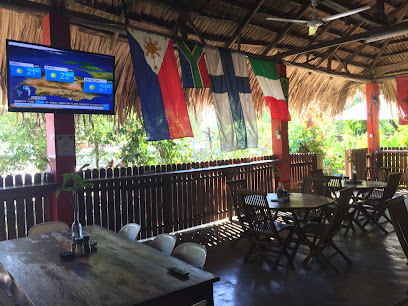
Castaway Bar and Restaurant
Experience tropical dining at Castaway Bar and Restaurant in Dili – where great food meets stunning seaside views.
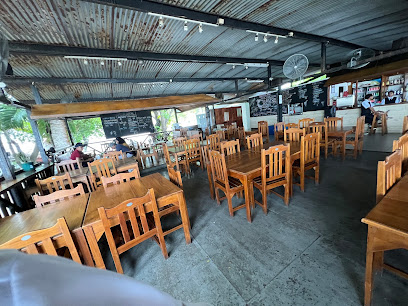
Osteria Italiana
Discover authentic Italian cuisine at Osteria Italiana in Dili—a culinary haven blending tradition with local flavors.
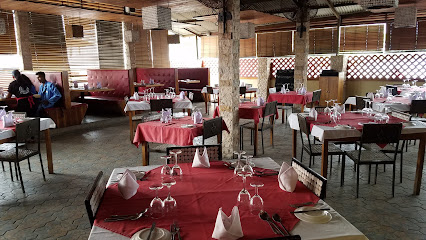
El Legendario
Discover the exquisite flavors of Timor-Leste at El Legendario, where local ingredients meet international cuisine in a warm and inviting setting.
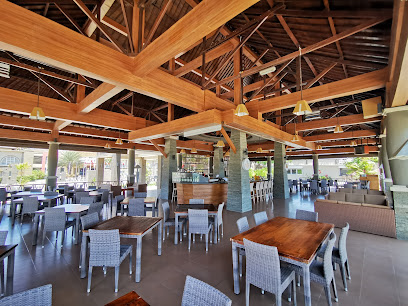
Ocean View Restaurant
Experience breathtaking ocean views and delicious seafood at Ocean View Restaurant in Díli - a culinary delight not to be missed!
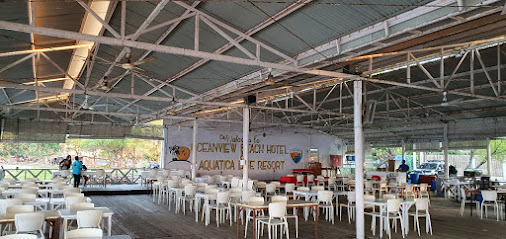
Tito's Restaurant
Discover authentic Portuguese cuisine at Tito's Restaurant in Díli – where every dish tells a story.
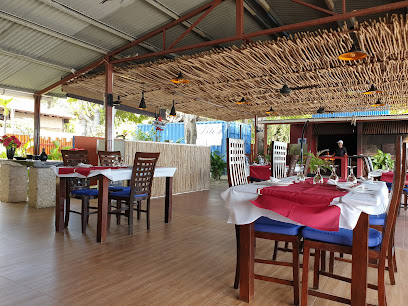
Dilicious Timor
Experience authentic East Timorese cuisine at Dilicious Timor in Dili, where every dish is crafted with local ingredients and passion.
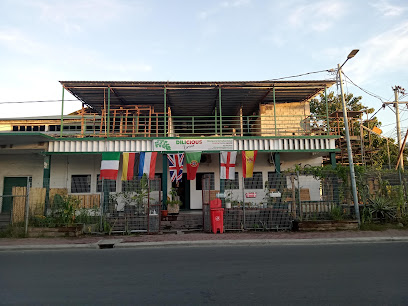
Projeto Montanha
Savor authentic Timorese flavors at Projeto Montanha – Aileu's hidden gem for food lovers seeking local cuisine.
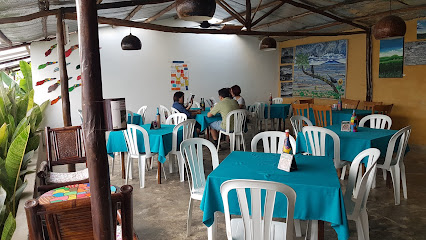
Great Wall Restaurant
Discover the rich flavors of China at Great Wall Restaurant in Dili—where every dish tells a story.
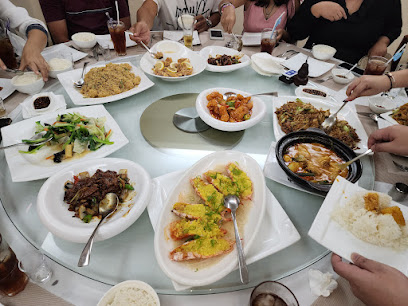
Little Pattaya Restaurant
Experience authentic Thai cuisine at Little Pattaya Restaurant in Dili - where every dish is crafted with fresh ingredients and bold flavors.
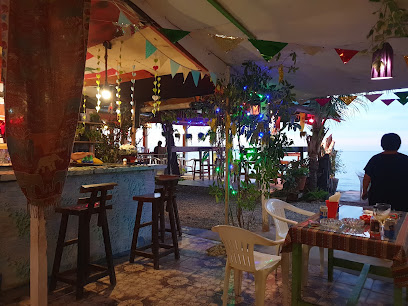
New 88 Restaurant
Discover culinary delights at New 88 Restaurant in Dili, offering a fusion of local flavors and international cuisine in a welcoming atmosphere.
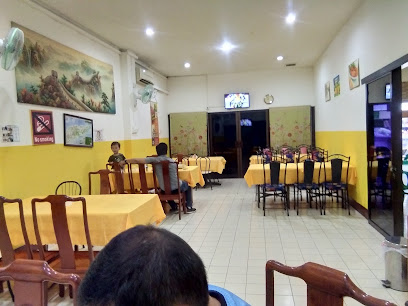
Early Sun Restaurant
Discover authentic Asian cuisine at Early Sun Restaurant in Dili - where flavors come alive in a welcoming atmosphere.
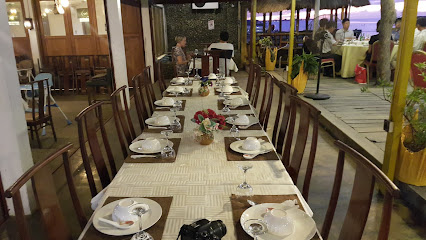
Queen Tundriee Restaurant
Experience authentic Timorese cuisine at Queen Tundriee Restaurant in Dili - where tradition meets taste.
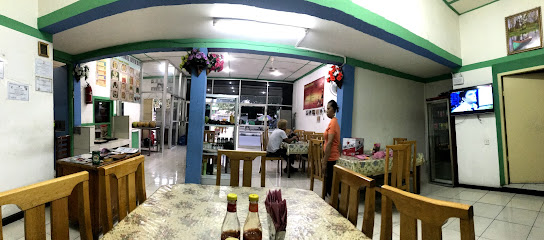
Nha Casa Restaurant
Discover Nha Casa Restaurant in Dili – where traditional Timorese flavors meet international cuisine in a cozy atmosphere.
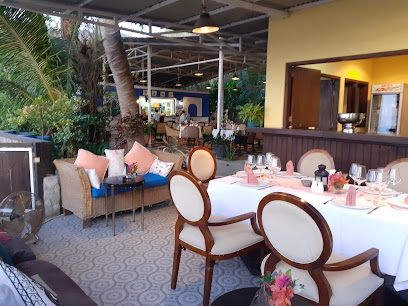
New Lilis Restaurant
Experience authentic Timorese flavors at New Lilis Restaurant in Dili – where tradition meets taste.
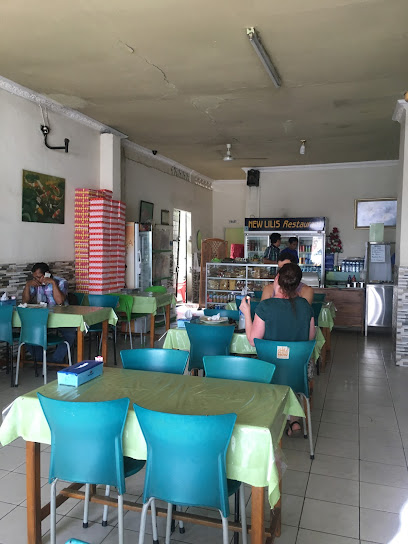
Markets, malls and hidden boutiques
Oil Paintings For Sale
Explore a vibrant selection of Timorese oil paintings at this unique art gallery and gift shop in Dili, showcasing local talent and culture.
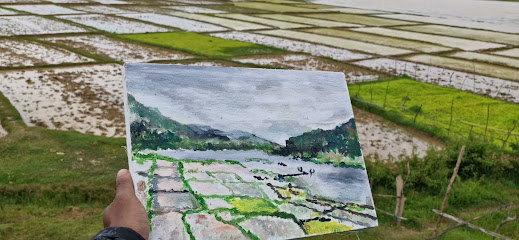
Lita Store
Discover Lita Store in Dili - a vibrant supermarket offering a range of local and international products at budget-friendly prices.
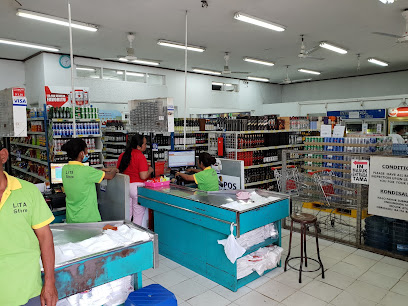
Aileu Traditional Market
Discover the vibrant Aileu Traditional Market, where local culture, fresh produce, and unique handicrafts come together in a lively atmosphere.
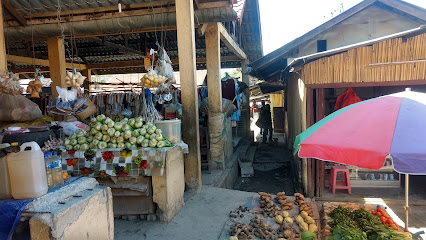
TIO Hobbies & Sports
Explore TIO Hobbies & Sports in Dili for a unique selection of hobby supplies, bicycles, and collectibles that reflect the vibrant local culture.
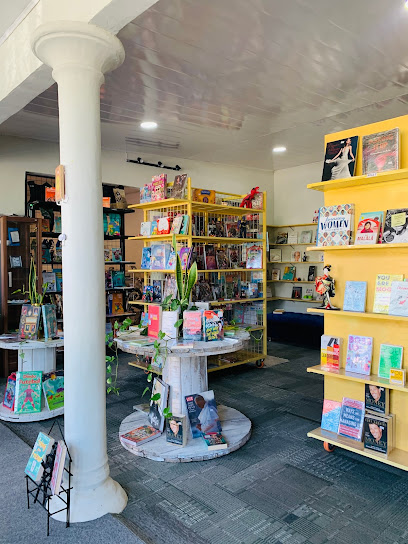
Aileu coffeeshop
Discover the rich flavors of Timorese coffee at Aileu Coffee Shop, where quality meets community in a cozy setting.
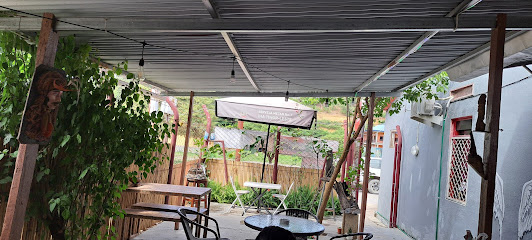
Things and Stories
Explore the artistic essence of Timor-Leste at 'Things and Stories,' a charming home goods store in Dili, perfect for unique souvenirs and local crafts.
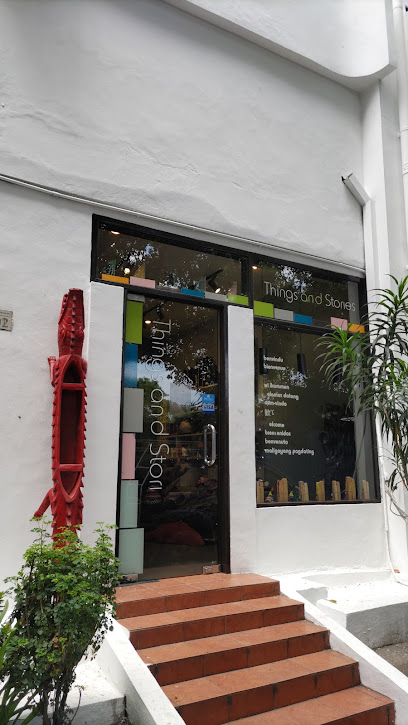
AD Printing Shop
Explore Aileu's AD Printing Shop for local artistry and craftsmanship, showcasing the vibrant culture of Timor-Leste in every printed piece.
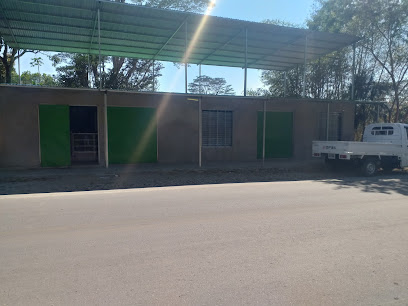
Loza Online Dili
Discover the best of shopping at Loza Online Dili, your go-to destination for clothing and electronics in Becora.

Andy Lay Shop
Discover the heart of Timor-Leste at Andy Lay Shop, where local crafts and culture come together in a vibrant shopping experience.

Aimutin
Discover unique clothing styles at Aimutin in Díli, where local culture meets contemporary fashion in a vibrant shopping atmosphere.

Amagai Store
Discover the vibrant fashion and craftsmanship of Timor-Leste at Amagai Store in Gleno, a must-visit clothing destination for all tourists.
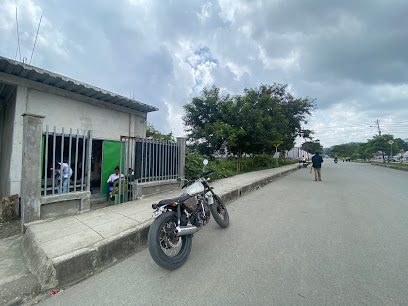
Ida nee Shop
Discover unique souvenirs and local crafts at Ida nee Shop in Díli, East Timor—a must-visit gift shop for every traveler.
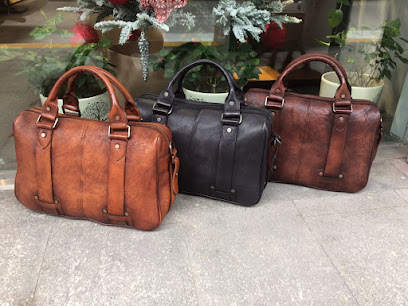
Girasol Café
Discover the aromatic delights of Girasol Café in Aileu, where local coffee and warm ambiance create the perfect escape for every traveler.
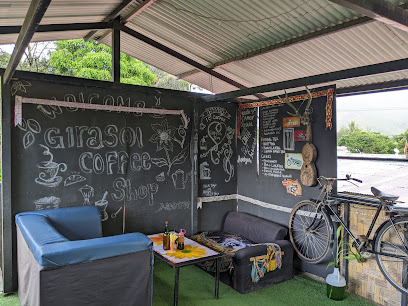
Centro Etnique
Explore authentic Timorese souvenirs at Centro Etnique, where local artistry meets cultural heritage in the heart of Dili.
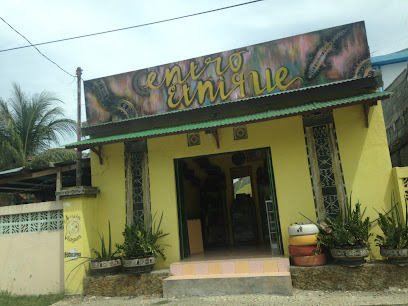
theo household
Explore Theo Household in Raifusa for a unique cosmetics experience with local beauty products and expert advice.

Essential bars & hidden hideouts
Projeto Montanha
Experience the authentic flavors of East Timor at Projeto Montanha, a delightful restaurant in Aileu with stunning mountain views.
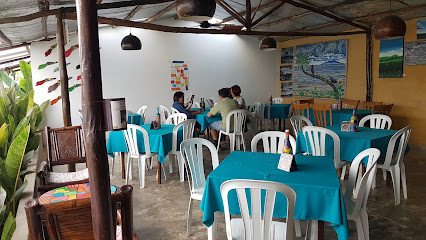
Spooners Bar and Grill
Experience the vibrant flavors of Timor-Leste at Spooners Bar and Grill, a top dining spot in Díli with stunning views and a welcoming atmosphere.
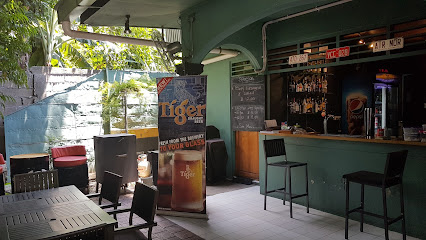
Olé Bar & Tapas
Experience the vibrant flavors of Olé Bar & Tapas in Dili, where traditional and modern tapas come together in a lively bar setting.
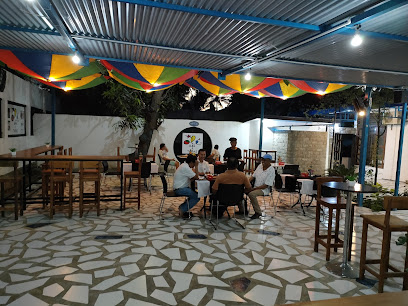
Zery Restaurant
Discover authentic Timorese flavors at Zery Restaurant in Aileu – a culinary experience that reflects the heart of Timor-Leste.
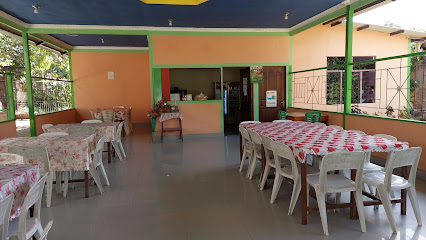
Ponkys Cocktail Lounge
Discover the vibrant spirit of Dili at Ponkys Cocktail Lounge, where creative cocktails and a lively atmosphere await.
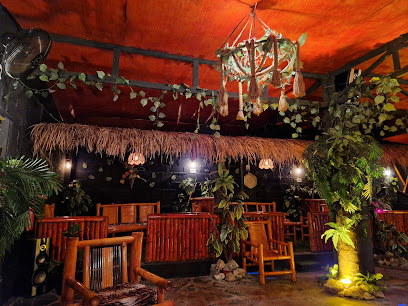
Incanto Coffee & Bar
Experience the rich flavors of Timor at Incanto Coffee & Bar, where delightful brews meet a vibrant atmosphere in Nain Feto Subdistrict.
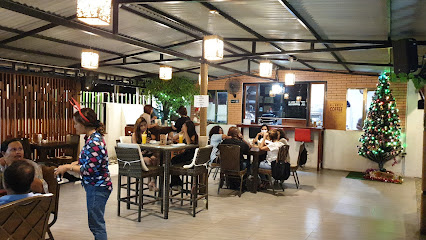
Aileu coffeeshop
Experience the rich flavors and warm atmosphere at Aileu Coffeeshop, a perfect retreat for coffee lovers and a taste of Aileu's culture.
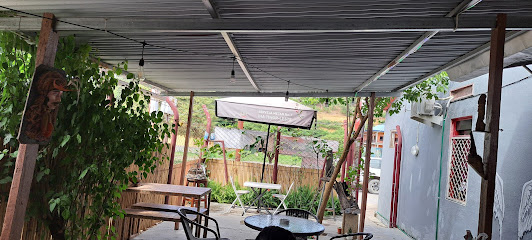
Aisel Girasol Restaurat
Experience authentic Timorese cuisine at Aisel Girasol Restaurant in Aileu, where flavor meets tradition in a warm, inviting atmosphere.
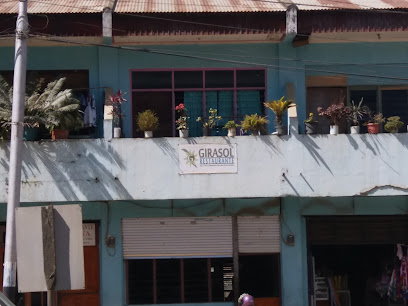
Reggae Bar
Experience the vibrant essence of Dili at Reggae Bar, where lively music and refreshing cocktails create unforgettable nights.

Fijja Restaurant & Bar
Discover the flavors of Timor-Leste at Fijja Restaurant & Bar in Aileu, where every meal is a celebration of local culinary traditions.
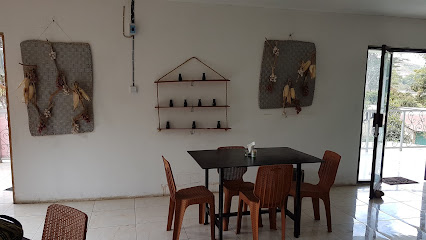
Restaurante Nafe - Aileu
Discover the authentic taste of Timor at Restaurante Nafe - Aileu, where local flavors and warm hospitality await every visitor.

ARMY MADRUGADA
Discover the vibrant nightlife of Díli at Army Madrugada, a karaoke bar where locals and tourists unite for a night of singing and fun.
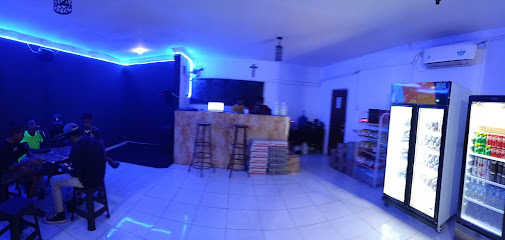
Haksolok Bar
Experience the vibrant nightlife of Dili at Haksolok Bar, your perfect spot for refreshing drinks and local vibes in Timor-Leste.
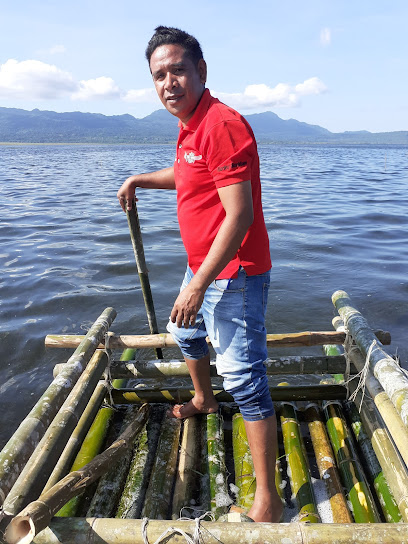
Qivan Restoran
Experience the authentic flavors of Timorese cuisine at Qivan Restoran in Aileu, where every dish tells a story of tradition and culture.

Bersala Loibala Restorante
Discover family-friendly dining at Bersala Loibala Restorante in Aileu, where local flavors meet a welcoming atmosphere for all ages.
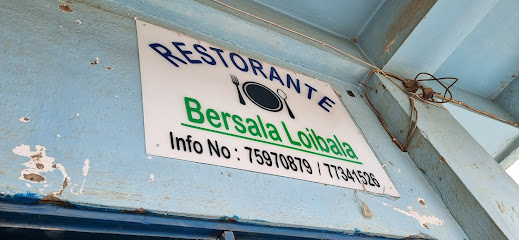
Local Phrases
-
- HelloBondia
[Bon-dee-ah] - GoodbyeAdeus
[Ah-deh-oosh] - YesSim
[Seem] - NoLa
[Lah] - Please/You're welcomePor favor
[Pohr fah-vohr] - Thank youObrigadu
[Oh-bree-gah-doo] - Excuse me/SorryDeskulpa
[Deh-skool-pah] - How are you?Oinsa ita nia moris?
[O-een-sah ee-tah nee-ah more-ees] - Fine. And you?Diak. O ita?
[Dyahk. Oh ee-tah] - Do you speak English?Ita bele hatene Ingles?
[Ee-tah beh-leh hah-ten-eh Ing-glees] - I don't understandLa komprende
[Lah kohm-prehn-deh]
- HelloBondia
-
- I'd like to see the menu, pleaseHa'u hakarak hare menu, favor
[Hah-oo hah-kah-rah har-eh men-oo, fah-vohr] - I don't eat meatHa'u la gosta hala'i ain
[Hah-oo lah gos-tah hah-lah-ee a-een] - Cheers!Saude!
[Sow-deh] - I would like to pay, pleaseHa'u hakarak selu, favor
[Hah-oo hah-kah-rah seh-loo, fah-vohr]
- I'd like to see the menu, pleaseHa'u hakarak hare menu, favor
-
- Help!Ajuda!
[Ah-joo-dah] - Go away!Ba oin
[Bah o-een] - Call the Police!Liga ba Polisia!
[Lee-gah bah Po-lee-see-ah] - Call a doctor!Liga ba doutor!
[Lee-gah bah doo-tohr] - I'm lostHa'u mate
[Hah-oo mah-teh] - I'm illHa'u hakarak
[Hah-oo hah-kah-rah]
- Help!Ajuda!
-
- I'd like to buy...Ha'u hakarak hola...
[Hah-oo hah-kah-rah hoh-lah] - I'm just lookingHa'u de'it hare
[Hah-oo deh-eet har-eh] - How much is it?Kuantu prezus?
[Kwan-too preh-zoosh] - That's too expensiveNe'e barak karu liu
[Neh-eh bah-rak kah-roo lee-oo] - Can you lower the price?Ita bele hamenus prezus?
[Ee-tah beh-leh hah-men-oos preh-zoosh]
- I'd like to buy...Ha'u hakarak hola...
-
- What time is it?Sira boot ita ki'ik?
[See-rah boat ee-tah kee-eek] - It's one o'clockHanesan ida
[Hah-neh-sahn ee-dah] - Half past (10)Nain rua metade
[Nah-een roo-ah meh-tah-deh] - MorningTuku mane
[Too-koo mah-neh] - AfternoonTuku loron
[Too-koo loh-rohn] - EveningTuku noite
[Too-koo noh-ee-teh] - YesterdayIha loron bainhira
[Ee-hah loh-rohn bah-een-hee-rah] - TodayIha loron ida
[Ee-hah loh-rohn ee-dah] - TomorrowLoron tuku rua
[Loh-rohn too-koo roo-ah] - 1Ida
[Ee-dah] - 2Rua
[Roo-ah] - 3Tolu
[Toh-loo] - 4Haat
[Hah-at] - 5Lima
[Lee-mah] - 6Neen
[Neh-ehn] - 7Hitu
[Hee-too] - 8Ualu
[Oo-ah-loo] - 9Sia
[See-ah] - 10Sanulu
[Sah-noo-loo]
- What time is it?Sira boot ita ki'ik?
-
- Where's a/the...?Iha neba...
[Ee-hah neh-bah] - What's the address?Enderecu saida?
[En-deh-reh-soo sah-ee-dah] - Can you show me (on the map)?Ita bele hatudu ba ha'u (iha mapa)?
[Ee-tah beh-leh hah-too-doo bah hah-oo (ee-hah mah-pah)] - When's the next (bus)?Bainhira nebe (bus) tuir mai?
[Bah-een-hee-rah neh-beh (boos) too-ear mah-ee] - A ticket (to ....)Bilhete (to ....)
[Beel-heh-teh (to ....)]
- Where's a/the...?Iha neba...
History of Aileu
-
In the pre-colonial era, Aileu was inhabited by indigenous Timorese people who lived in small, self-sustaining communities. These early inhabitants practiced subsistence farming, hunting, and gathering. They also engaged in cultural rituals and ceremonies that are still observed today.
-
Aileu came under Portuguese control in the 16th century as part of the broader colonization of Timor-Leste. The Portuguese introduced Christianity, and Aileu became a focal point for missionary activities. Colonial infrastructure, including roads and administrative buildings, began to take shape during this period.
-
During World War II, Aileu, like the rest of Timor-Leste, experienced Japanese occupation from 1942 to 1945. The local population endured hardships and resistance movements emerged. The Japanese used Aileu as a strategic location due to its elevated terrain, which offered natural defensive advantages.
-
Following the end of Japanese occupation, Timor-Leste returned to Portuguese control, only to later declare unilateral independence in 1975. However, this was short-lived as Indonesian forces invaded. Aileu played a significant role during the resistance against Indonesian occupation from 1975 to 1999. Many locals joined the Falintil guerrilla forces, and the region witnessed numerous skirmishes and acts of defiance.
-
After the 1999 referendum, in which the Timorese voted overwhelmingly for independence, Aileu, like many parts of Timor-Leste, saw a period of UN administration. Efforts were made to rebuild infrastructure and restore peace. During this time, many international NGOs operated in Aileu, contributing to education, healthcare, and community development.
-
Today, Aileu is a vibrant town known for its cultural heritage and natural beauty. Traditional crafts, such as weaving and pottery, are still practiced, and the town hosts various cultural festivals throughout the year. Aileu also serves as a gateway to explore the surrounding highlands and forests, providing visitors with a glimpse into Timor-Leste's rich history and diverse culture.
Aileu Essentials
-
Aileu, located in the central part of Timor-Leste, is accessible via the capital city, Dili. The nearest international airport is Presidente Nicolau Lobato International Airport in Dili, approximately 47 kilometers away. From Dili, you can take a taxi or a local minibus (known as 'mikrolets') to Aileu. The journey typically takes around 1.5 to 2 hours by road, depending on traffic and weather conditions.
-
In Aileu, transportation options include taxis, mikrolets, and rented motorbikes. Taxis can be arranged through hotels or by hailing one from the street. Mikrolets are the primary form of public transport and are an affordable way to get around, although they can be crowded. For more flexibility, renting a motorbike is a popular option, but ensure you have the appropriate license and experience for the mountainous terrain.
-
The official currency of Timor-Leste is the US Dollar (USD). Credit cards are accepted in some hotels and larger restaurants, but it is advisable to carry cash, especially for smaller establishments and local markets. ATMs are available in Aileu, but it is wise to withdraw sufficient cash in Dili before traveling.
-
Aileu is generally safe for tourists, but standard precautions should be taken. Avoid walking alone at night and keep an eye on your belongings in crowded areas. There are no specific high-crime areas targeting tourists, but it's always best to stay vigilant and aware of your surroundings.
-
In case of emergency, dial 112 for immediate assistance. The local police station and medical facilities are available in Aileu, but they may be limited. It is recommended to have travel insurance that covers medical emergencies. For minor health issues, there are pharmacies in the town where you can purchase over-the-counter medications.
-
Fashion: Do dress modestly, especially when visiting religious sites or rural areas. Avoid wearing revealing clothing. Religion: Do respect local customs and traditions. Always cover your head and remove your shoes when entering churches or sacred sites. Public Transport: Do be respectful and give up your seat to elderly passengers. Don't eat or drink on public transport. Greetings: Do greet people with a handshake. A slight bow of the head is also a sign of respect. Eating & Drinking: Do try local delicacies and accept food offerings graciously. Don’t refuse hospitality, as it is considered impolite.
-
To experience Aileu like a local, visit the weekly markets where you can buy fresh produce and traditional Timorese goods. Engage with locals, who are often friendly and willing to share stories about their culture and history. Don’t miss the opportunity to attend local festivals and ceremonies, which offer a deep insight into the local way of life. Exploring the surrounding natural beauty, such as hiking trails and waterfalls, can provide a unique and enriching experience.
Trending Landmark in Aileu
-
Cristo Rei of Dili
-
Timorese Resistance Archive & Museum
-
Tatamailau
-
Tais Market
-
Atauro Dive Resort- Timor Leste
-
Caz Bar
-
Castaway Bar and Restaurant
-
Compass Diving Atauro Eco Lodge
-
Malinamoc Paradise
-
Barry's Place
-
Largo de Lecidere
-
Immaculate Conception Cathedral
-
Dive Timor Lorosae
-
Farol
-
Dolok Oan (Cristo Rei Back Beach)
Nearby Cities to Aileu
-
Things To Do in Gleno
-
Things To Do in Dili
-
Things To Do in Ermera
-
Things To Do in Same
-
Things To Do in Bobonaro
-
Things To Do in Suai
-
Things To Do in Baucau
-
Things To Do in Lospalos
-
Things To Do in Darwin
-
Things To Do in Makassar
-
Things To Do in Manado
-
Things To Do in Bali
-
Things To Do in Balikpapan
-
Things To Do in Surabaya
-
Things To Do in Yogyakarta






